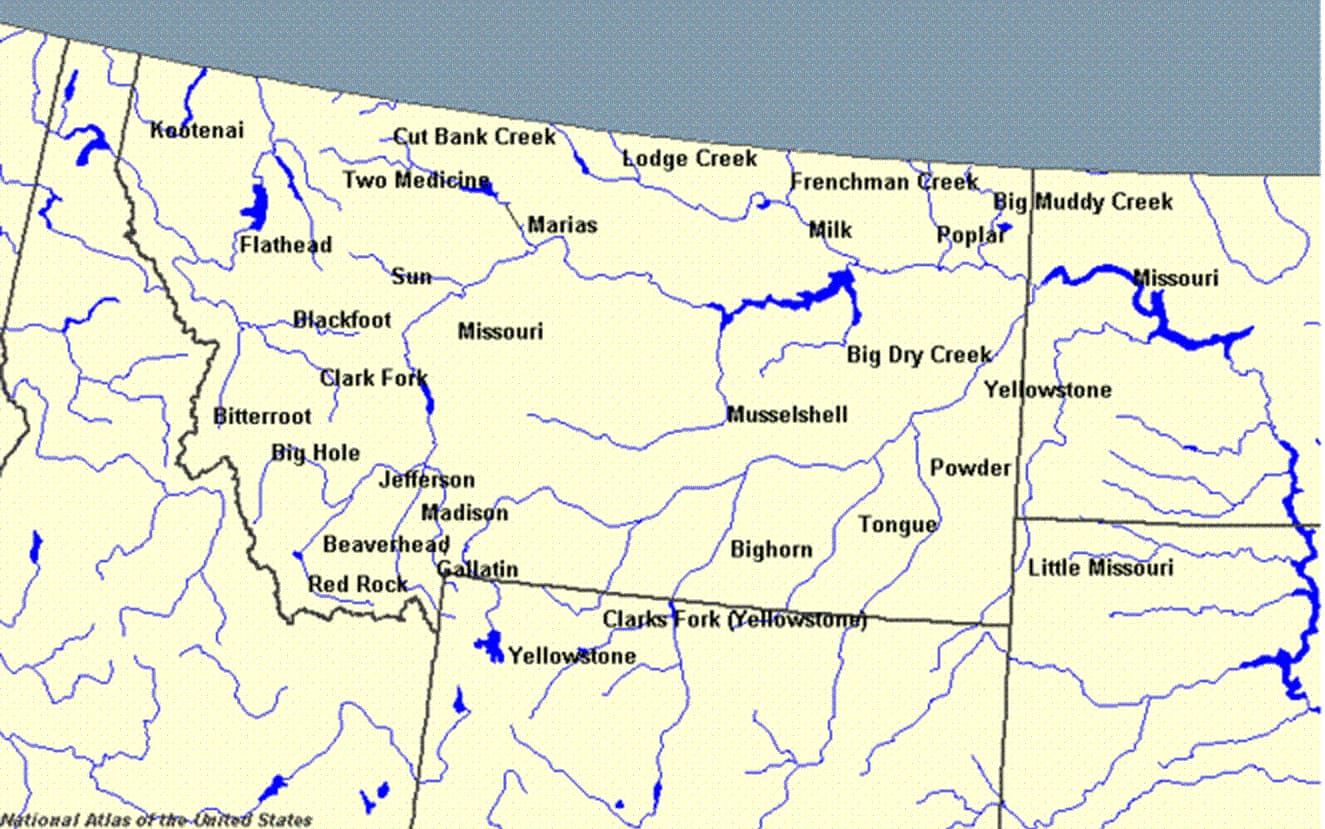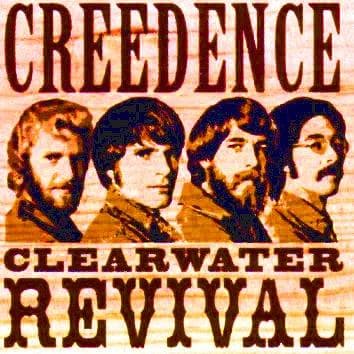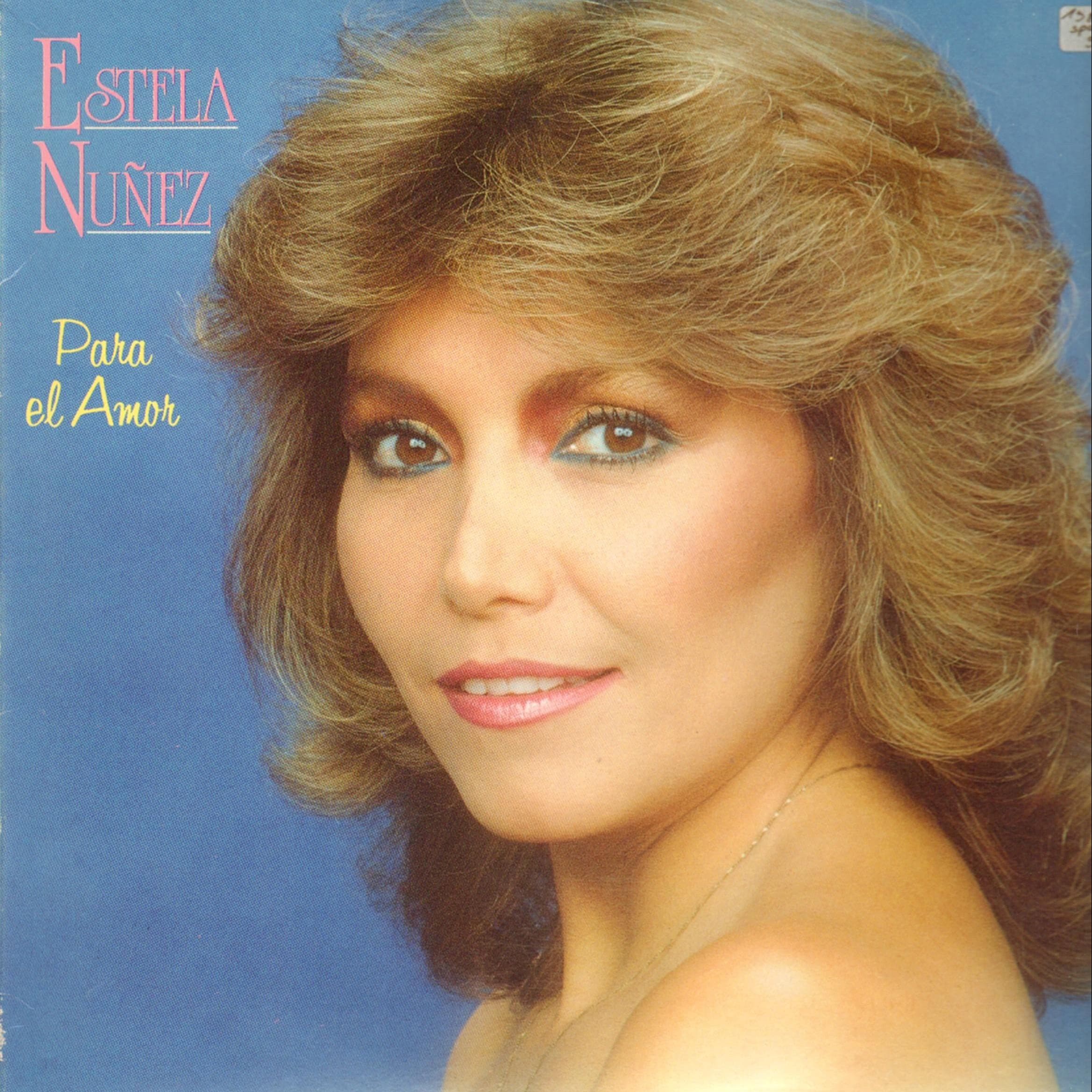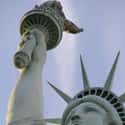-
(#1) Laughing with Your Mouth Open
A head-back belly laugh will be taken as a compliment stateside - after all, nobody wants their joke met with a polite chuckle. But laughing with your mouth open and teeth exposed is a social no-no in Japan. They'd rather you zip your lips while laughing.
-
(#2) Opening Gifts in Front of the Giver
Half the fun of giving gifts is watching people open them, right? Wrong, if you're living in many Asian countries. Americans are used to birthday parties and holidays where gift-giving is a shared social activity. But tearing off the wrapping paper in front of the person who gave you the gift is considered greedy and uncouth in some countries. Wait until you get back to the hotel to unwrap your present.
-
(#3) A Firm Handshake
When traveling to the Philippines, remember that a firm handshake is an American custom. Filipinos prefer a weak, more casual grip. It's about showing respect, not dominance.
-
(#4) Crossing Your Fingers
Americans often cross their fingers in lieu of saying "I hope so!" It's a sign of good luck. But in Vietnam, crossing one's finger's is a crass gesture that refers to a woman's private parts. Maybe just stick to your lucky rabbit's foot while abroad.
-
(#5) Saying You're from 'America'
Our cultural vanity is such that we've co-opted the name of not one but two entire continents and assigned it to ourselves. That's right - the very word "America" is offensive in most (if not all) South American countries. Don't refer to yourself as an American when you're visiting South America - just tell people you're from the United States.
-
(#6) Giving a Peace Sign
How could a peace sign be seen as rude? Though most people in the UK, Ireland, New Zealand and Australia will know what you mean (provided they know you're American), it's probably better to leave this gesture at home while you're visiting. To them, it's the same as flipping someone off (especially when the hand is held with its knuckles facing the person you're trying to give peace to).
-
(#7) Showing Your Soles
In many Middle Eastern countries, showing the soles of your feet or shoes is offensive. The feet are considered to be the "lowest" part of the body, so displaying your soles is a huge no-no.
-
(#8) Touching Someone's Head
You might not have cause to touch many heads while traveling, but be careful. Even an act as innocent as patting a cute child on his head is considered taboo in countries like Sri Lanka, Thailand, and China. Buddhist cultures see the head as the most sacred part of the body - to touch it uninvited is a major social intrusion.
-
(#9) Complaining at Restaurants
American diners are used to complaining. Steak under- or overcooked? That's all right - send it back to the kitchen and they'll fix it right up. Neither guests nor waitstaff finds this practice strange. But in Britain, it's considered bad manners to complain about the food. They'll gripe and groan in the privacy of their own homes about how badly the restaurant mucked things up, but to send a dish back is socially mortifying.
-
(#10) Using the 'A-OK' Sign
Apparently, making a circle with your fingers is all sorts of not okay. In France, it means "worthless," it's offensive to gay people in Turkey, and in some other places, it's a stand-in for a butt. Luckily, it's no longer 1985, so you probably won't have to worry about this one.
-
(#11) Sitting in the Back of a Taxi
In Australia, make sure you hop in the front seat of a taxi if you're the only passenger. Australian cabbies will think you're stuck up if you get in the back.
-
(#12) Asking for Condiments
Most American steakhouses won't bat an eye if you want some sauce on the side. But in countries like France, Italy, Spain, and Japan, asking for condiments is an unspoken signal that you think you know better than the chef. Good rule of thumb? If you don't see it on the table, go without.
-
(#13) Saying 'Quite'
In America, saying a meal is "quite good" means that it's exceedingly good. In Britain, it means just the opposite. The British view the word "quite" as a negative modifier - if a meal was "quite good," it was passably good. Instead, just say everything was excellent.
-
(#14) Eating in Public
Americans don't think twice about having a snack outside. Walking down the sidewalk with an ice cream cone or enjoying a piece of fruit on the subway is a way of life. But in Japan, eating anywhere that's not a restaurant (or your home) is seen as extremely weird and impolite. Keep the snack packs stowed safely out of sight.
-
(#15) Asking Someone's Occupation
Most Americans can agree that discussing a yearly salary is a bit boorish - but to refrain from asking what someone does for a living? Why, that's how we get to know each other! Yet in the Netherlands, asking about someone's profession is akin to asking how much money they make. The Dutch view it as a classist question that ties a person's worth to his or her income. Try more neutral questions, like what they do for fun or where the best neighborhood haunts are located.
-
(#16) Talking About Mental Health
Americans speak freely about the advice dispensed by their therapists. In some circles, it's even seen as the mark of a liberated and mature mind to meet with a mental health professional regularly. But in the UK, talking about one's therapist is considered a huge overshare. Stick to the weather.
New Random Displays Display All By Ranking
About This Tool
When traveling in a foreign country, all of us should note that not all American habits and phrases can be accepted by foreigners, and some are considered rude behaviors, you may get into trouble or maybe expelled sometimes. Due to differences in culture, even if the language is accurate, misunderstandings will occur. For different people and occasions, the same word or the same expression can have different meanings.
Cultures and languages are diverse, getting to know each other is not an easy task, and communication between different cultures often encounters difficulties. It is necessary for us to know some American habits and phrases which are rude in other countries.
Our data comes from Ranker, If you want to participate in the ranking of items displayed on this page, please click here.


























